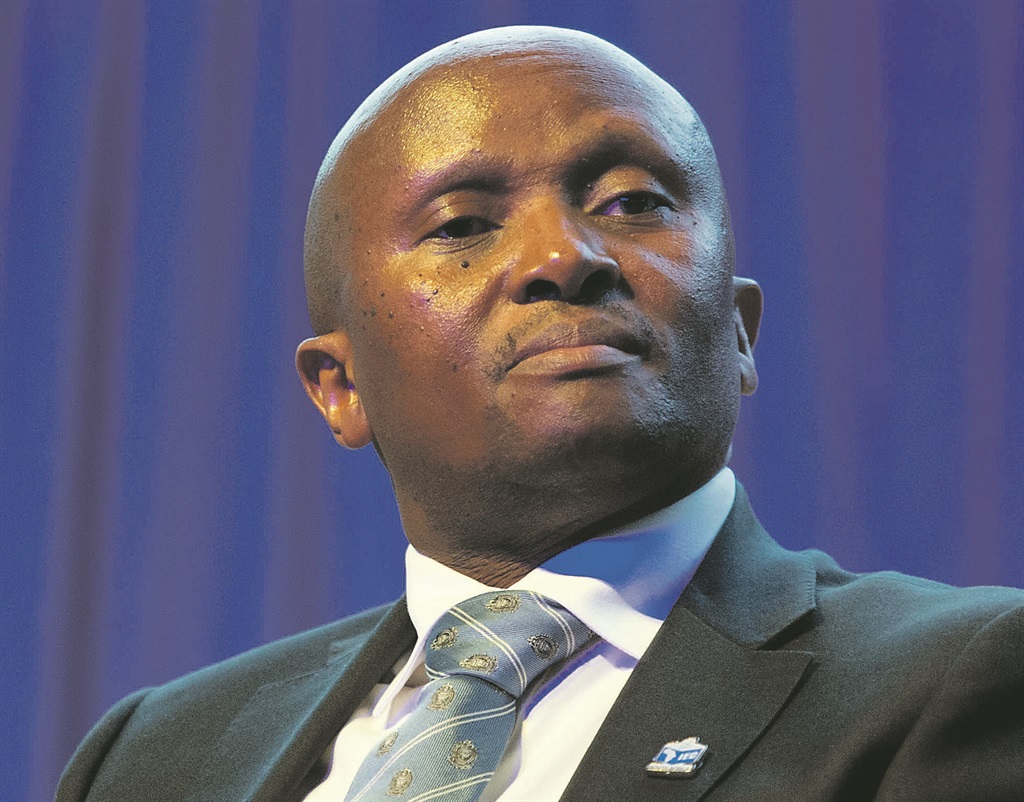News
New state of disaster won’t delay 2024 elections – IEC

IEC chairperson Mosotho Moepya.
- The state of disaster will not delay the 2024 elections, according to IEC chairperson Mosotho Moepya.
- Moepya was addressing a SA National Editors’ Forum meeting.
- The 2024 national and provincial elections in which independent candidates can contest, and one of the issues the IEC will have to deal with is the provision of three ballots.
The state of disaster President Cyril Ramaphosa imposed as a result of South Africa’s energy crisis, will not delay the 2024 elections, according to Electoral Commission of South Africa (IEC) chairperson Mosotho Moepya.
Moepya was addressing a meeting of the South African National Editors’ Forum (Sanef) when he was asked about the impact the state of disaster would have on the IEC.
The state of disaster began with immediate effect after the president announced it in his State of the Nation Address.
“The state of disaster will enable us to provide practical measures that we need to take to support businesses in the food production, storage and retail supply chain, including for the rollout of generators, solar panels and uninterrupted power supply.”
READ | Power grab: Ramaphosa looks for electricity czar, faces court action over state of disaster
The president said it would enable the government to exempt critical infrastructure, such as hospitals and water treatment plants, from load shedding.
Moepya hasn’t seen the gazetted declaration of the state of disaster yet, but he said he was sure they would look at the possible impact in the coming week.
He added:
It will not even come close to us considering moving the election.
However, it could have an impact on the IEC’s work. For instance, if there is load shedding at night, it could affect the time it takes to count the votes.
The coming national and provincial elections, which are between 15 and 18 months away, will also be the first in which independent candidates can contest.
It follows a 11 June 2020 Constitutional Court order, which declared the Electoral Act unconstitutional “to the extent that it requires that adult citizens may be elected to the National Assembly and provincial legislatures only through their membership of political parties”.
The Constitutional Court suspended the declaration of unconstitutionality for “24 months to afford Parliament an opportunity to remedy the defect giving rise to the unconstitutionality”.
This means the initial deadline to pass the legislation was 10 June 2022. Twice, Parliament had to approach the apex court for an extension. The Bill has to be enacted by the end of the month.
On Friday, the Portfolio Committee on Home Affairs finalised its work on the Bill, and it will recommend to the National Assembly that it should be adopted.
READ | Electoral Amendment Bill: Going to court not off table, says OUTA
Moepya said the Constitutional Court had ruled and that its decision was final, but added that there were some challenges. One of these is that the Constitution’s provisions on the funding of political parties don’t speak to independent candidates.
The new legislation would mean that in the 2024 elections, voters will be handed three ballot papers instead of the customary two. The National Assembly is made up of 400 seats, of which 200 are filled from national party lists and 200 from the nine provinces’ or regional lists.
The independent candidates are only allowed to stand on the regional lists. The new ballot will thus be a regional ballot. Previously, the same ballot was used for the national and regional lists.
Moepya said each province’s regional ballot would be different. This will pose some logistical challenges.
He remarked that he had never seen so much interest, so much controversy, and so much rigour and debate go into a Bill.
“This must be welcomed,” he said.
The Bill that is expected to be adopted will contain a provision that a body must be established to review the electoral system.
This followed much pressure from civil society, out of discontent with the nature of the changes the legislation would make to the electoral system, with the general feeling that it doesn’t go far enough.
Several civil society organisations have been advocating for an electoral system that, at least in part, provides for constituencies.
Moepya said further legislation would be required to allow the demarcation of national and provincial constituencies, a process which itself could take up to five years.
